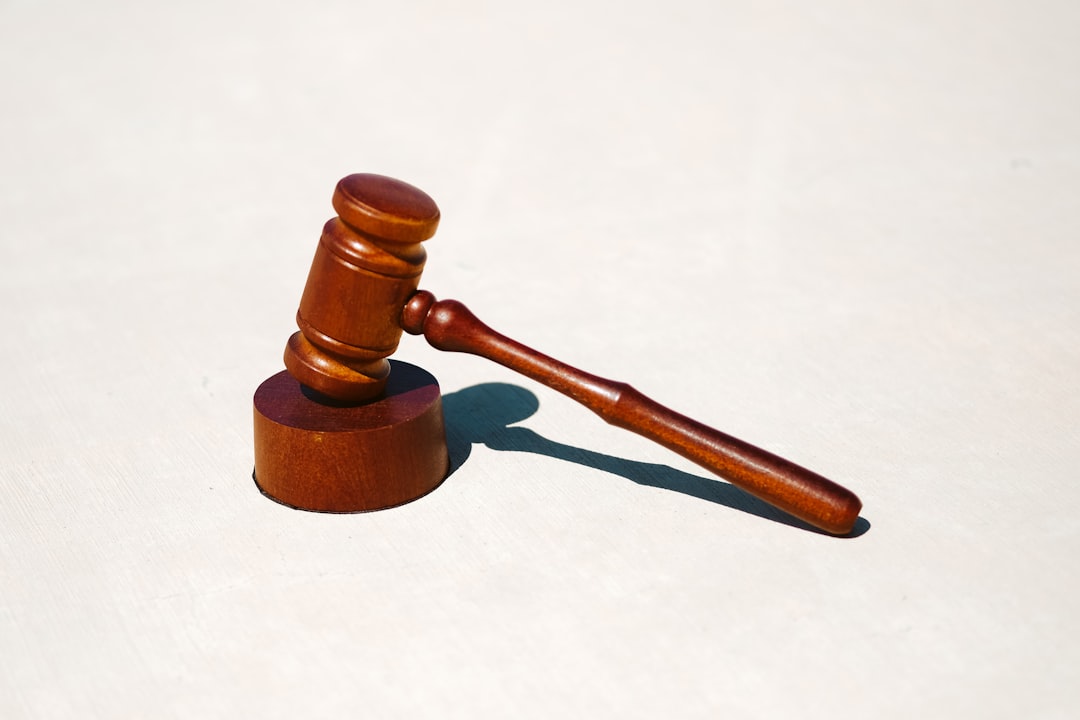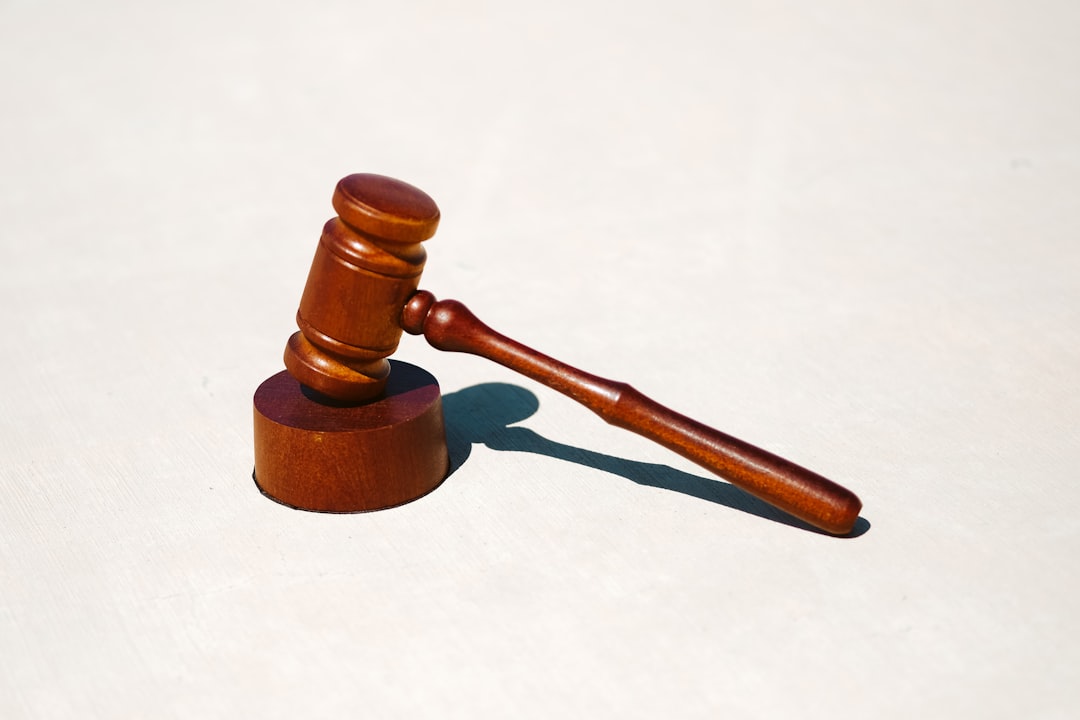New Hampshire's Anti-Spam Text Law protects residents from unwanted spam texts by banning telemarketers from contacting numbers on the "Do Not Call" list. Individuals can report violations with substantial fines. Businesses and attorneys must respect consumer preferences and state regulations to avoid legal issues, ensuring peace of mind for residents and preventing aggressive marketing practices involving spam texts.
In an effort to curb unwanted spam texts, New Hampshire has implemented a stringent Anti-Spam Text Law prohibiting telemarketing messages to individuals on the state’s Do Not Call registry. This law not only protects registered residents from unsolicited text messages but also imposes significant penalties on violators, including legal action by a spam texts Attorney in New Hampshire. Marketers must carefully navigate these regulations to avoid unintended consequences and ensure compliance.
New Hampshire's Anti-Spam Text Law

In New Hampshire, the Anti-Spam Text Law aims to protect residents from unwanted and invasive spam texts. This law prohibits businesses and telemarketers from sending text messages to numbers listed on the “Do Not Call” registry. Residents who have registered their numbers are entitled to peace of mind, free from relentless marketing messages.
If a business or attorney in New Hampshire violates this law by sending spam texts, individuals can take action and report these incidents. Fines for non-compliance can be significant, making it crucial for companies to respect consumer preferences and adhere to the state’s regulations regarding text messaging practices.
Protecting Do Not Call Registrants

In New Hampshire, protecting consumers’ privacy and safeguarding them from unwanted spam texts is a priority. The state’s Do Not Call list is designed to give residents control over their communications, ensuring that their phone numbers are respected. By prohibiting telemarketing texts to registered ‘Do Not Call’ numbers, New Hampshire takes a strong stance against intrusive marketing practices.
This measure not only respects the peace and quiet of registered individuals but also empowers them to manage their communication preferences. Should you find yourself receiving spam texts despite being on the Do Not Call list, it’s advisable to report such incidents to an Attorney in New Hampshire who specializes in consumer protection laws. This proactive step helps maintain the integrity of the state’s regulations and keeps unwanted telemarketing at bay.
Legal Reconsiderations for Marketers

New Hampshire’s ban on telemarketing texts to “Do Not Call” numbers is a significant legal consideration for marketers across the country. With strict penalties in place, businesses must tread carefully to avoid inadvertently sending spam texts and facing legal repercussions. An attorney specializing in telecommunications law in New Hampshire can provide invaluable guidance on navigating these regulations, ensuring compliance, and mitigating potential risks.
Marketers should focus on refining their customer consent processes and data management practices. Obtaining explicit opt-in consent for text marketing campaigns is crucial to avoiding violations. Additionally, maintaining comprehensive records of customer preferences and opt-out requests is essential to demonstrate good faith efforts at compliance. By prioritizing these legal reconsiderations, businesses can protect themselves from the severe consequences associated with unauthorized spam texts in New Hampshire.
Enforcing Telemarketing Regulations

In New Hampshire, enforcing telemarketing regulations is taken seriously to protect residents from unwanted spam texts. If your number is on the Do Not Call list, it’s illegal for businesses and attorneys in NH to send promotional or advertising texts. Violations can result in fines, as the state has strict penalties in place for those who disregard these rules.
Attorneys and companies engaging in telemarketing must be mindful of consumer preferences. Failing to respect privacy and opt-out requests can lead to legal repercussions. New Hampshire residents have the right to control their communication choices, ensuring they receive texts only from authorized sources.






